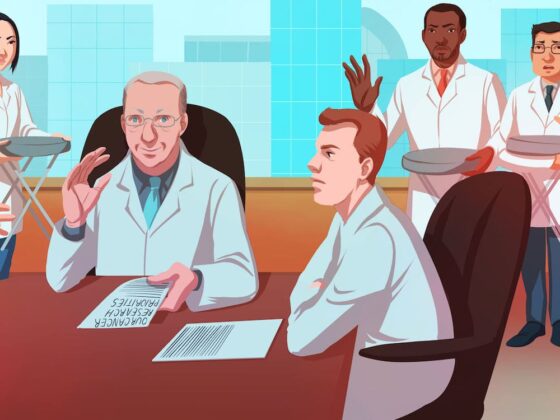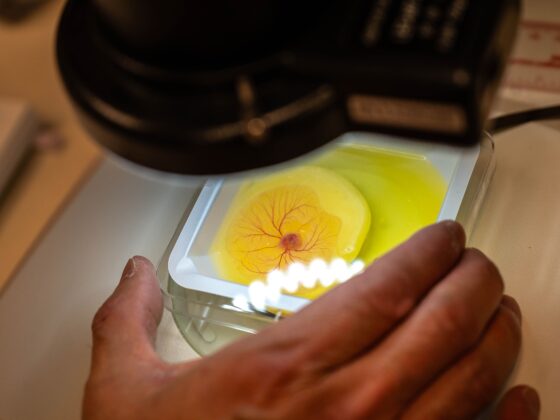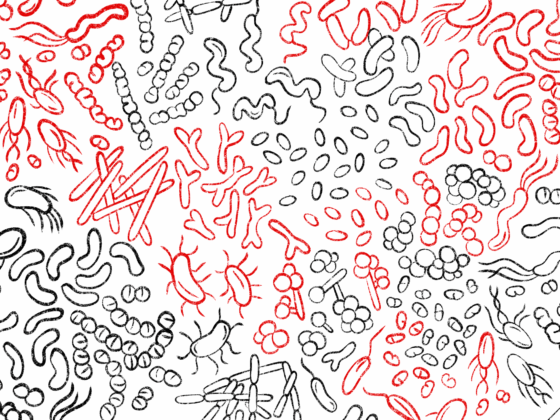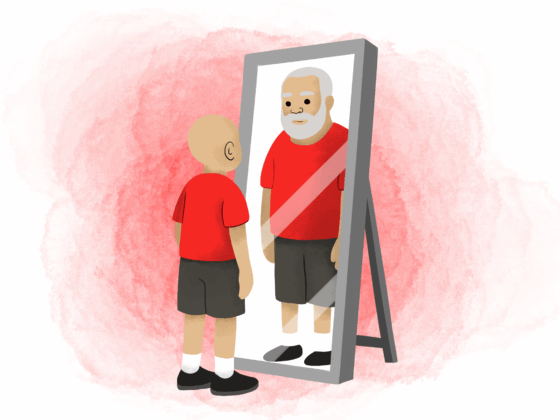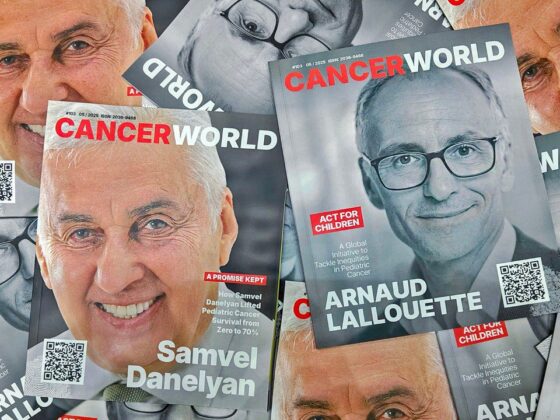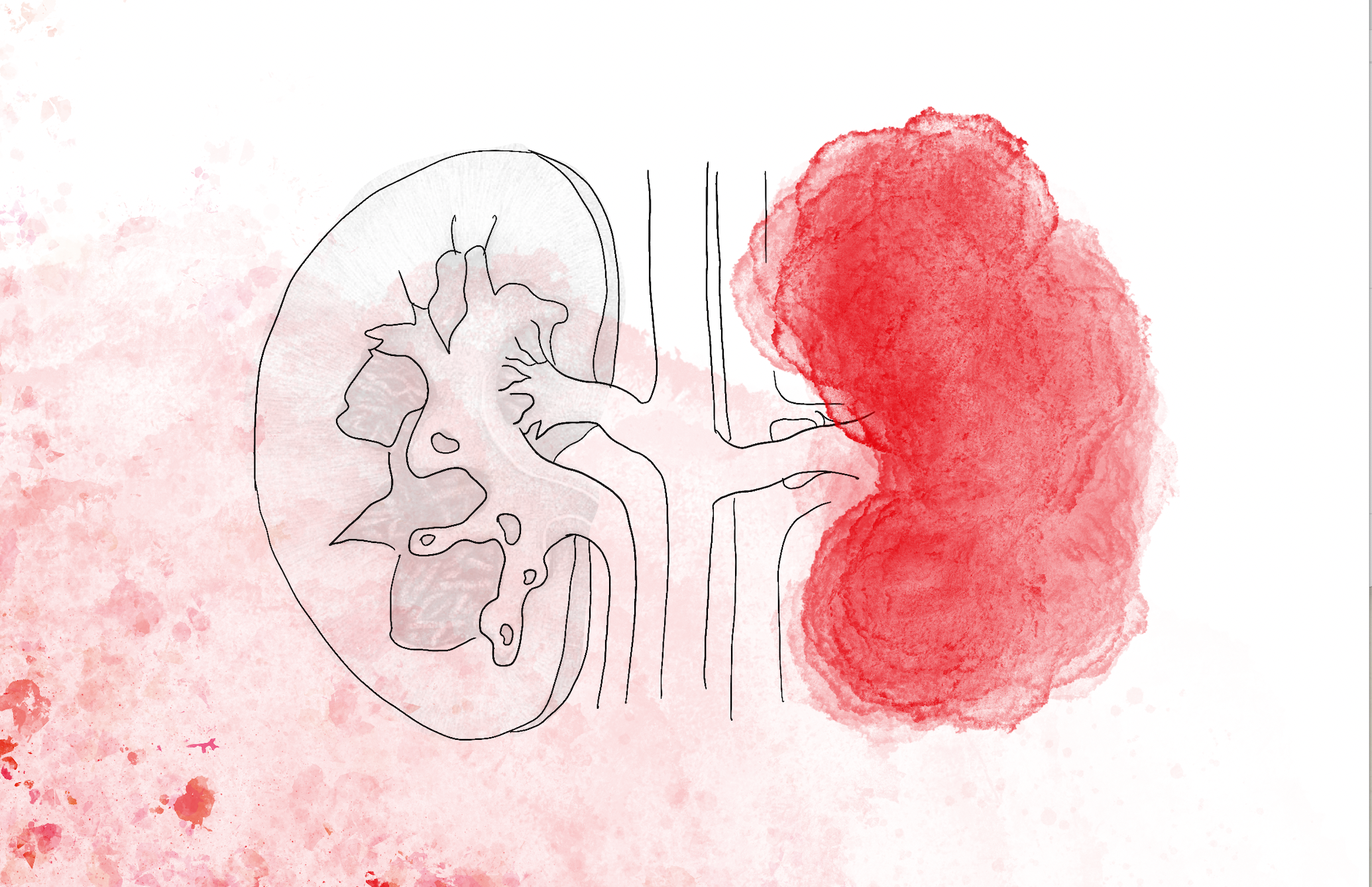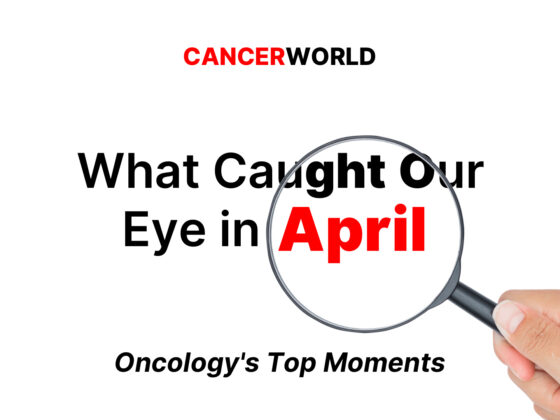Identifying social needs of cancer patients and developing interventions to mitigate them could improve health outcomes. The survey-based study, published in Cancer (12 July), found unmet social needs in gynaecological cancers were associated with emergency room visits, hospital admissions and treatment interruptions.
Social determinants of health (SDOH) have been defined by the World Health Organisation (WHO) as the non-medical factors that influence health outcomes. They are the conditions in which people are are born, grow, work, live, and age and the wider sets of forces and systems shaping conditions of daily life. Examples of SDOH include education, work life conditions, housing, food insecurity, early childhood development and access to affordable health services of decent quality. It has been estimated that ≥70% of health outcomes can be attributed to social and environmental factors external to medical settings.
In the current study, investigators undertook social needs screening at Olive View UCLA Medical Center, Los Angeles, California, a public safety net hospital (providing healthcare for individuals regardless of insurance status) to evaluate specific needs associated with distress and poor outcomes. Between August 2018 and February 2019, 135 women (median age 54 years) completed validated surveys from the Health Leads Social Needs Screening Toolkit, the NCCN Distress Thermometer and the Emotion Thermometers Tool. Then, to assess the impact of social needs and distress on poor health outcomes, factors associated with emergency room visits, hospital admissions, and treatment interruption were explored.
Survey participants were largely immigrant (with 60.7% Hispanic and 82.2% foreign-born) and low-paid (84.4% had very low household incomes); with the most common diagnoses being ovarian (37.0%), cervical (26.7%), and uterine (22.2%) cancers.
Results show 62.5 % of participants (n=88) had at least one unmet social need and that 33.3% (n=45) had ≥ two unmet social needs. Those most frequently reported (among the 12 social need domains considered) were help reading hospital materials (30.4%), needing someone to talk to (20%), and needing companionship (14.8%). Additionally, housing instability (13.3%), financial strain limiting medical care (13.3%), food insecurity (12.6%), and transportation difficulties (8.9%) were prevalent. Associations with distress included social isolation (OR, 3.65; 95% CT, 1.35-9.9; P=.01) and lack of safety at home (OR, 4.90; 95% CI, 2.23-10.62; P=.0001); and associations with non-adherence to treatment were perceived lack of finances for medical care (OR 5.69; 95% CI, 1.12-28.9; P=.036) and lack of transportation (OR, 20.5; 95% CI, 2.69-156.7; P=.004).
“While it’s not within the power of individual healthcare systems or providers to modify social determinants of health, these data offer hope that we can implement programs to reduce health disparities by addressing unmet social needs,” says senior author Abdulrahman Sinno, from the Sylvester Comprehensive Cancer Center, University of Miami Miller School of Medicine. “It’s important that we focus on addressing social needs regardless of the social, economic, and political inequities that precede them because these needs are ultimately downstream mediators of poor outcomes.”
Interventions that could be introduced to help address social needs include using cancer care navigators to help with reading hospital materials and connecting patients with available resources, such as food, housing, and transport programmes. Furthermore, add the authors, for patients who screen positive for distress, a social worker with mental health specialisation and a psychiatry team can be brought in to offer assistance. “In future, we plan to demonstrate the utility and cost-effectiveness of identified social intervention algorithms not only for improving quality of life and health outcomes, but also for reducing healthcare disparities,” says Sinno.




